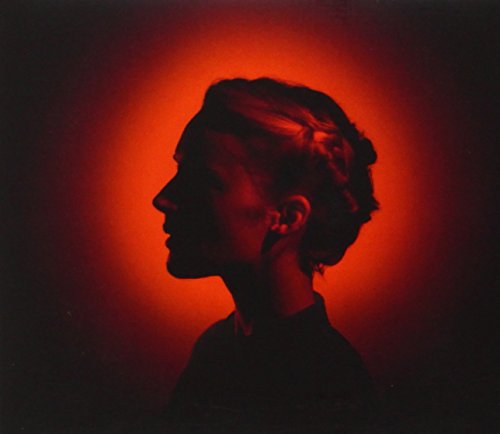
Agnes Obel
Aventine
Release Date: Sep 30, 2013
Genre(s): Alternative Pop/Rock
Record label: Relativity
Music Critic Score
How the Music Critic Score works
Buy Aventine from Amazon
Album Review: Aventine by Agnes Obel
Very Good, Based on 6 Critics
Based on rating 4
Sparseness. It’s a much undervalued commodity these days – everything has to be intense, in your face, and hurtling along at 100mph. Work it, twerk it, go viral and never, ever take a breath to rest, for fear that the next bright young thing could take your place. Thankfully, this is a mindset that has no place in Agnes Obel‘s world.
Based on rating 4/5
Agnes Obel's pristine, delicate 2010 debut, Philharmonics, was an unexpected platinum-selling sensation in her home country of Denmark, and a hit throughout Europe. The sudden fame left her reeling, and on Aventine, the classically trained pianist/singer has tried to make sense of things. Accompanied mainly by a single cellist, she has created a quiet, watchful record – a response to having spent 18 months in "a blur" of touring.
Based on rating 3/5
"Ethereal" is an overused adjective for female singer/songwriters. But for Danish chamber folk artist Agnes Obel, it absolutely applies. The songs on her sophomore effort, without veering into Enya territory, could be lifted from a fantasy film. Not an overwrought soundtrack like the Hobbit or Game Of Thrones, but a modern fairy tale like 2009's Ondine, say, had Ondine not turned out to be a Romanian drug mule instead of a selkie.
Based on rating 3/5
The craze for all things Danish and austere could well stretch to this crepuscular pianist. Agnes Obel's second album, named after one of Rome's seven hills, has something of PJ Harvey's White Chalk album about it – a mournful sternness, hinting at passions long buried. A little string-plucking, some groaning cello and the odd beat adorn Obel's tightly focused set of songs, which approximate the sound of snow falling on a disused chapel while a solitary candle burns inside – with a spider scuttling across the keys, as on Tokka.
Opinion: Excellent
On 2010's Philharmonics, Danish pianist Agnes Obel infused her songs with a deep and resonant melancholy. Sparse, somber and filled with gently beguiling melodies, it was an unexpected hit in her native Denmark (as well as in France, Belgium and her adopted home of Germany), and one that provides a decent idea of what to expect from this, her second. Like her debut album, Aventine opens with a short instrumental.
Opinion: Mediocre
The German jazz and classical label ECM has a reputation for a specific sound, whether the release in question is free and fiery or quiet and quasi-new age. Their albums have an expansive quality that evokes the chill and feeling of snowcapped mountains of Europe. Take one of those expansive scenes from Dr. Zhivago and imagine the sound of an acoustic piano emanating from the mountain top, and you’ll get something of an idea.
'Aventine'
is available now

